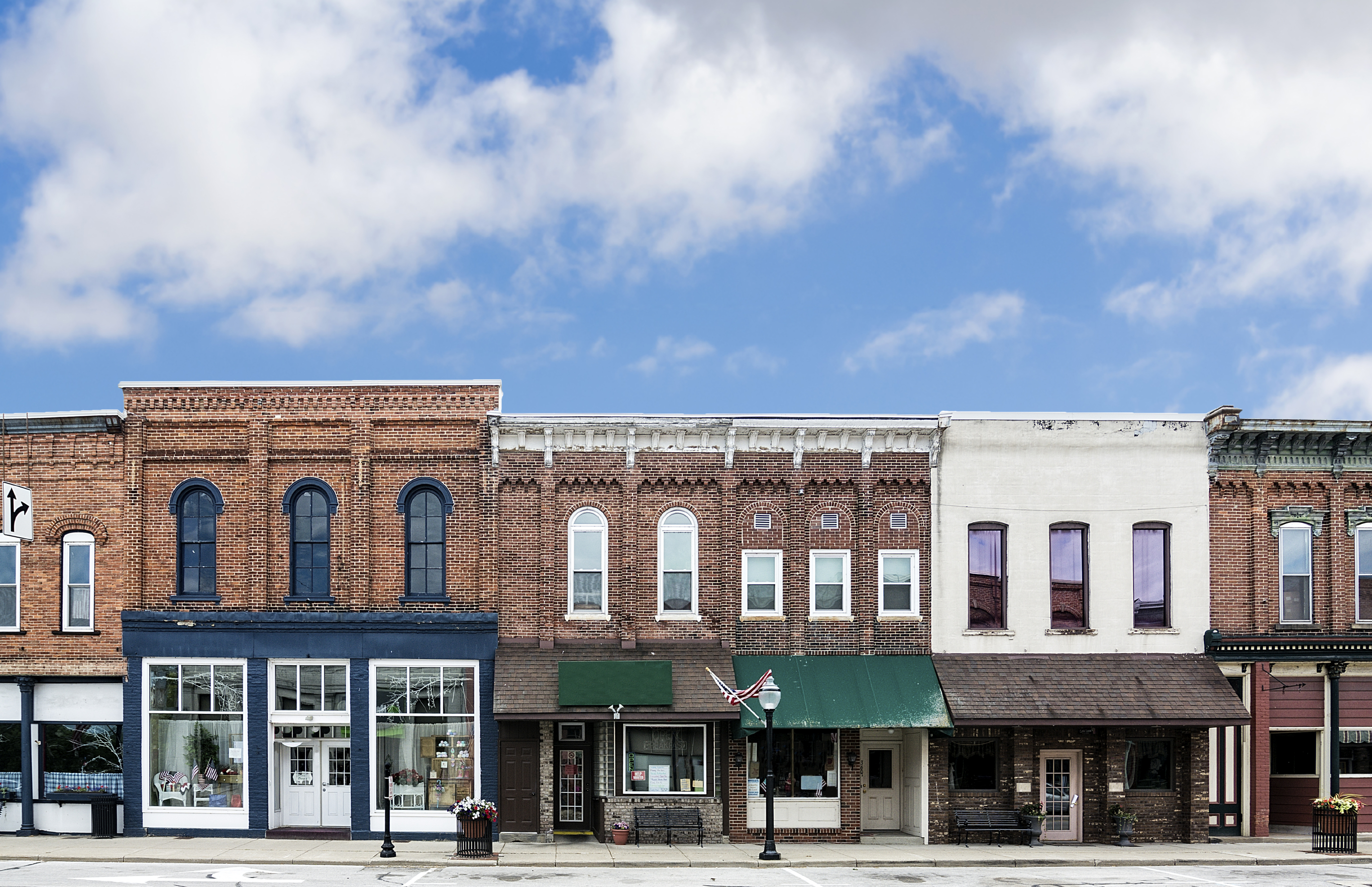Why America needs to revitalize its local politics
Our elites have lost touch with what's really happening in middle-class America. This has to change.


A free daily email with the biggest news stories of the day – and the best features from TheWeek.com
You are now subscribed
Your newsletter sign-up was successful
Amidst all the recent talk of taking back our political process from the tyrannical influence of Donald Trump, very few politicians have advocated for a return to — and reinvigoration of — local politics as a way out of our present morass. But that's exactly what they should do.
The American working class is frustrated. As Andrew Sullivan aptly articulated in New York, this attitude is rooted partly in lower wages and unfulfilling jobs. But more than anything, the frustration stems from a lack of connection to the powers that be, and a sense of helplessness when it comes to changing the status quo. "The once-familiar avenues for socialization — the church, the union hall, the VFW — have become less vibrant and social isolation more common," Sullivan writes. "Global economic forces have pummeled blue-collar workers more relentlessly than almost any other segment of society."
This is compounded by the condescension and apathy conservative elites have often shown toward their constituents. As Michael Brendan Dougherty recently observed here at The Week, struggling working-class Americans are usually told by the conservative movement that if they want a better life, they should move out of small-town America "and maybe 'learn computers.'"
The Week
Escape your echo chamber. Get the facts behind the news, plus analysis from multiple perspectives.

Sign up for The Week's Free Newsletters
From our morning news briefing to a weekly Good News Newsletter, get the best of The Week delivered directly to your inbox.
From our morning news briefing to a weekly Good News Newsletter, get the best of The Week delivered directly to your inbox.
Indeed, too often politicians' interests stop reflecting the needs of local Americans, and instead mirror the moneyed interests of the elites and lobbyists who populate the nation's capitol. Washington media and political leaders become fixated on their own sphere, to the detriment of their constituents.
This is one reason why the GOP establishment has been so baffled by Trump's steady rise. They are out of touch with the very people they purport to represent. "I was surprised by Trump's success because I've slipped into a bad pattern, spending large chunks of my life in the bourgeois strata — in professional circles with people with similar status and demographics to my own," wrote David Brooks at The New York Times.
But what would happen if at least a few of Washington's elites returned home and invested in the communities they left behind? What if, instead of running for Congress, some of our politicians considered running for some local office? What if the journalists trying to make it in Washington, D.C., decided instead to invest in a local paper? What if, instead of covering the next Trump or Hillary Clinton rally, they decided to attend their local town hall meeting? What if those of us who live in or near the beltway spent a little less time fixating on the presidential election, and focused instead on city and county politics?
We often think of these things as being not nearly as important as national politics. We scoff at local matters as small and provincial. Where is the glory in covering a school board meeting? But the deleterious idea that what happens in Washington matters more than anything happening in the rest of the country is the root of our problem.
A free daily email with the biggest news stories of the day – and the best features from TheWeek.com
French political scientist and historian Alexis de Tocqueville believed America's highly unique government worked because its citizens were active in the political sphere. They voted and attended town meetings, involved themselves in private associations, and went to church. But all these things have faded in popularity as our news and politics have become more centralized. Many of us don't take the time to talk to our neighbors, let alone go to a town hall meeting. And when no one shows concern for the local sphere, it's easy to feel unimportant and helpless, which results either in apathy or bitter anger — both of which we're seeing in this election cycle.
Without any strong, present leaders to defend their interests, at home or in Washington, voters have grown disillusioned, frustrated, and angry. Unfortunately, as the Times' Ross Douthat put it, Trump supporters "all imagine that the solution to our problems lies with a more effective and still-more-empowered president, free from antique constitutional limits and graced with a mandate that transcends partisanship."
But this won't fix anything. What we need is a revitalization of local politics. We need Americans who are willing to invest themselves locally by getting involved on school boards and city councils, voting in mayoral and gubernatorial elections, and covering local problems and crises.
This won't be easy. It's a much more complicated and time-intensive sort of political involvement, and the rewards feel smaller. But when we're willing to invest in this way, we help repair frayed community ties, bandage cultural and social wounds, and help resurrect the grassroots associations that will keep our government healthy and flourishing.
A renewed focus on small communities won't prevent Trump from becoming the Republican nominee. But it may help assuage the discontent and frustration that led to his success in the first place.
Gracy Olmstead is a writer and journalist located outside Washington, D.C. She's written for The American Conservative, National Review, The Federalist, and The Washington Times, among others.
